Sustainability Week 2024
This article is part of a series of sustainability-themed articles we’re running to observe Earth Day 2024 and promote more sustainable practices. Check out all of our Sustainability Week 2024 content.
It’s easy being a tech fan and reducing your impact on the planet, but luckily our smartphones aren’t just doomscrolling machines – they can nudge us towards better habits, too. Apps like the ones below can not only take the edge off your clodhopping carbon footprint, they can also save you a little cash in the process.
Lot of the world’s biggest apps now fortunately have an eco-friendly component – Google Maps, for example, now defaults to the route with the lowest carbon footprint when all else is equal, thanks to an update that started rolling out in 2021.
But we also wanted to highlight some of the latest apps for iOS and Android where sustainability and ethical consumerism are built into their identity, or at least a significant part of their offering. Best of all, none of them require much effort other than downloading the app and making it a part of your swiping routine.
So whether you’re looking to cut down on food waste, buy clothes more responsibly, plant trees with your phone or just find out the most earth-friendly time to plug in your gadgets, here are some of the best apps to make your life a little greener…
The food waste reducer: Too Good To Go
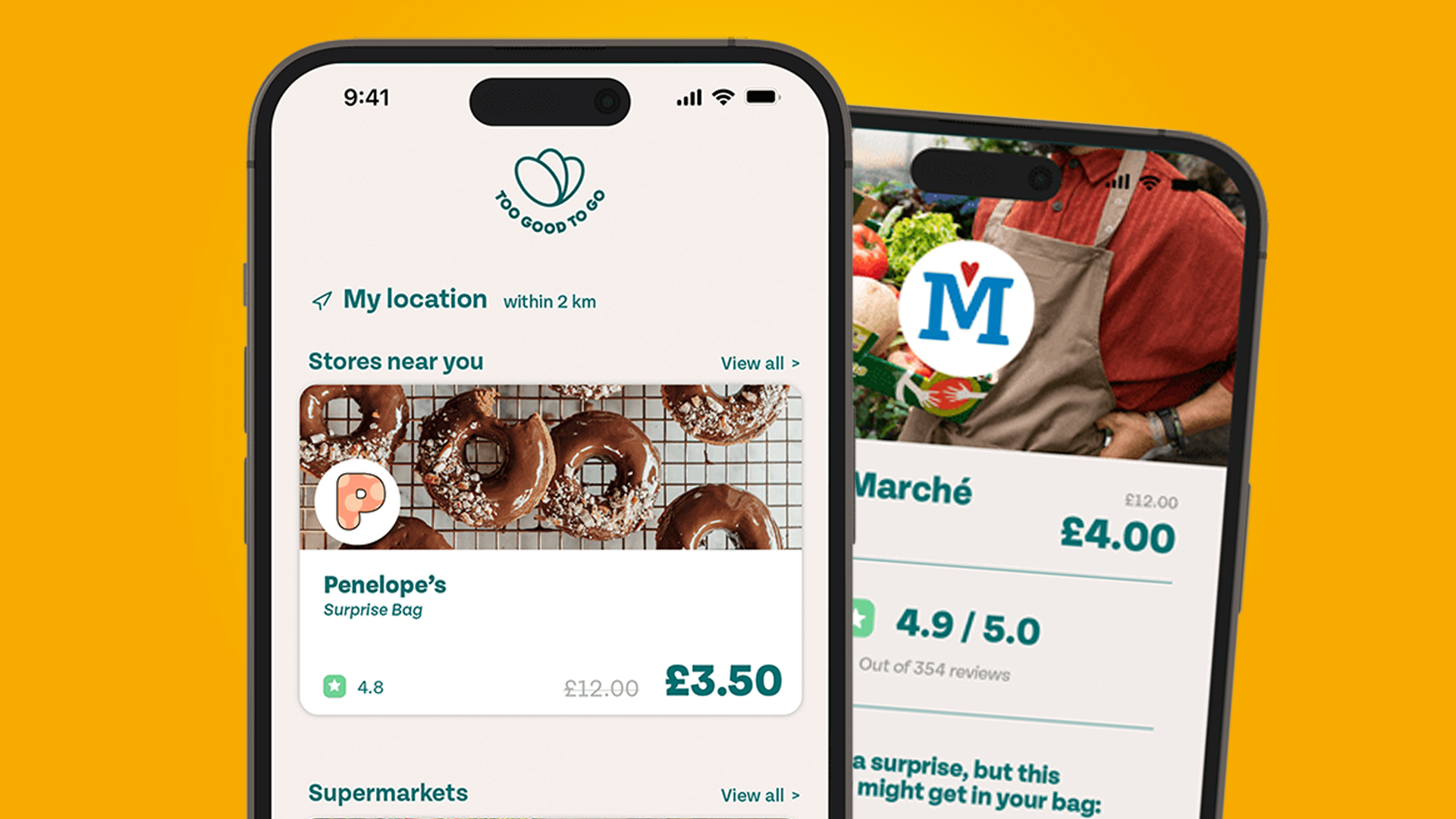
Launched back in 2016, this brilliant app serves up the double-whammy of helping you save the planet and a little cash by connecting you with local cafes and restaurants who have unsold food going to waste.
You get a time window to collect your meal and, after paying a small fee within the app, get a tasty goody bag with fresh offerings from, for example, your local Starbucks. It’s a win-win, because the outlet you’re collecting from won’t be able to sell the food for much longer – and you get a bargain lunch or dinner.
The app recently added an ‘ask a friend’ option to let you nominate someone to pick up your collection if you’re unable to go, and Too Good To Go recently passed the milestone of saving 200 million meals from going to waste worldwide. Bravo.
The place for second-hand clothes: Vinted
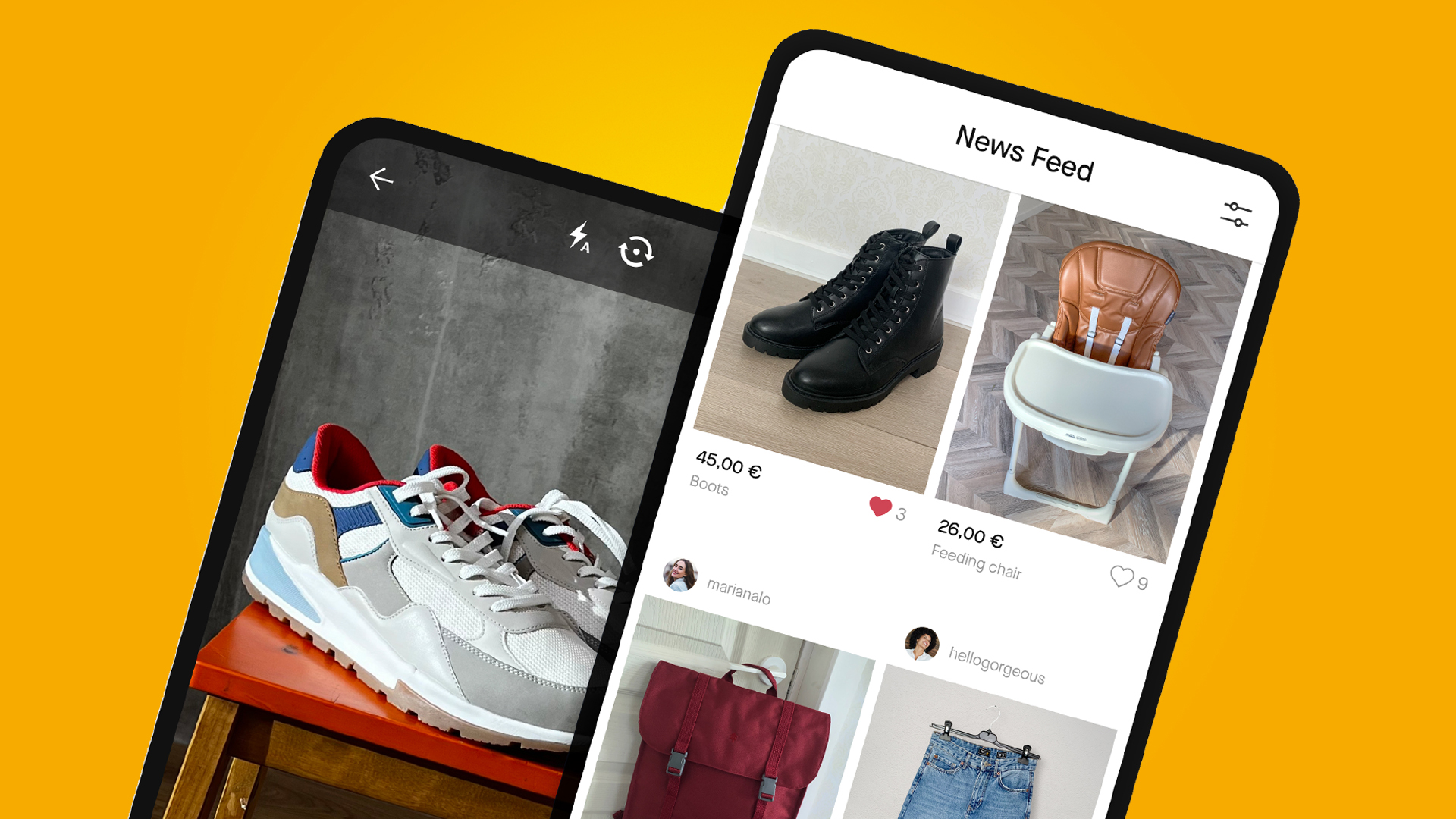
Okay, the likes of Vinted and its old rival Depop aren’t a completely guilt-free way to buy clothes, as they’re still heavily reliant on home delivery. But the marketplace for buying and selling second-clothes is a darn sight better than buying new, and it’s a lot more frictionless than eBay, too.
Buying ‘pre-loved’ clothes is a simple as scouring through the listings, while selling is relatively painless thanks to the app’s ability to generate postage labels (plus the absence of selling fees).
The experience of digital thrifting is all part of the fun too, of course, and Vinted’s own research suggests that 39% of its transactions prevent the purchase of a new piece of clothing. Now that it’s moved into video games and consoles, it could get us tech fans hooked, too.
The one for capturing carbon: Treeapp
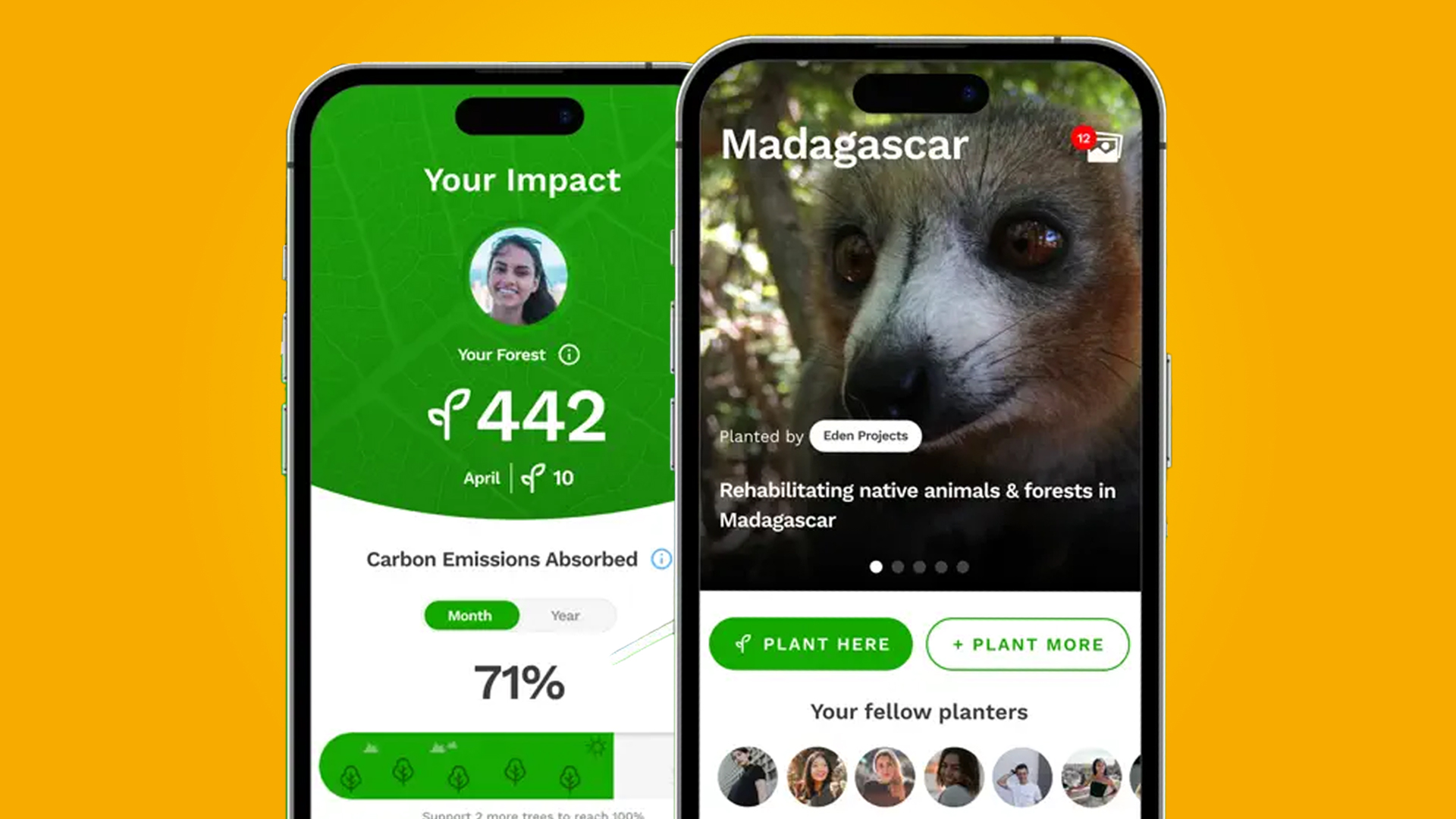
There’s no easy way to fight climate change, but reforestation is one of our better bets – and Treeapp (which is UK-only, for now) lets you plant trees for free using your just your iOS or Android smartphone. If you live outside the UK, an alternative is Ecosia (see further down).
All you need to do is choose a tree-planting project in the app, watch three short adverts from Treeapp’s partners, and that partner will then donate money to the app to plant one of over 150 species across many global sites.
It’s only been going for four years, but Treeapp has just released its 2024 impact report which reveals that it’s planted 4.2 million trees across 17 countries, enough to absorb almost 600,000 tonnes of CO2. Now those are the kinds of ads we’re prepared to watch rather than skip.
Alternatively… Ecosia
If you’re happy for your web browsing to to power tree planting instead, then check out Ecosia. It’s available as an extension for Chrome or Firefox, and also in app form for iOS and Android. It says it donates 80% of its profits from advertising to tree-planting organizations around the world.
The climate educator: NASA Earth Now
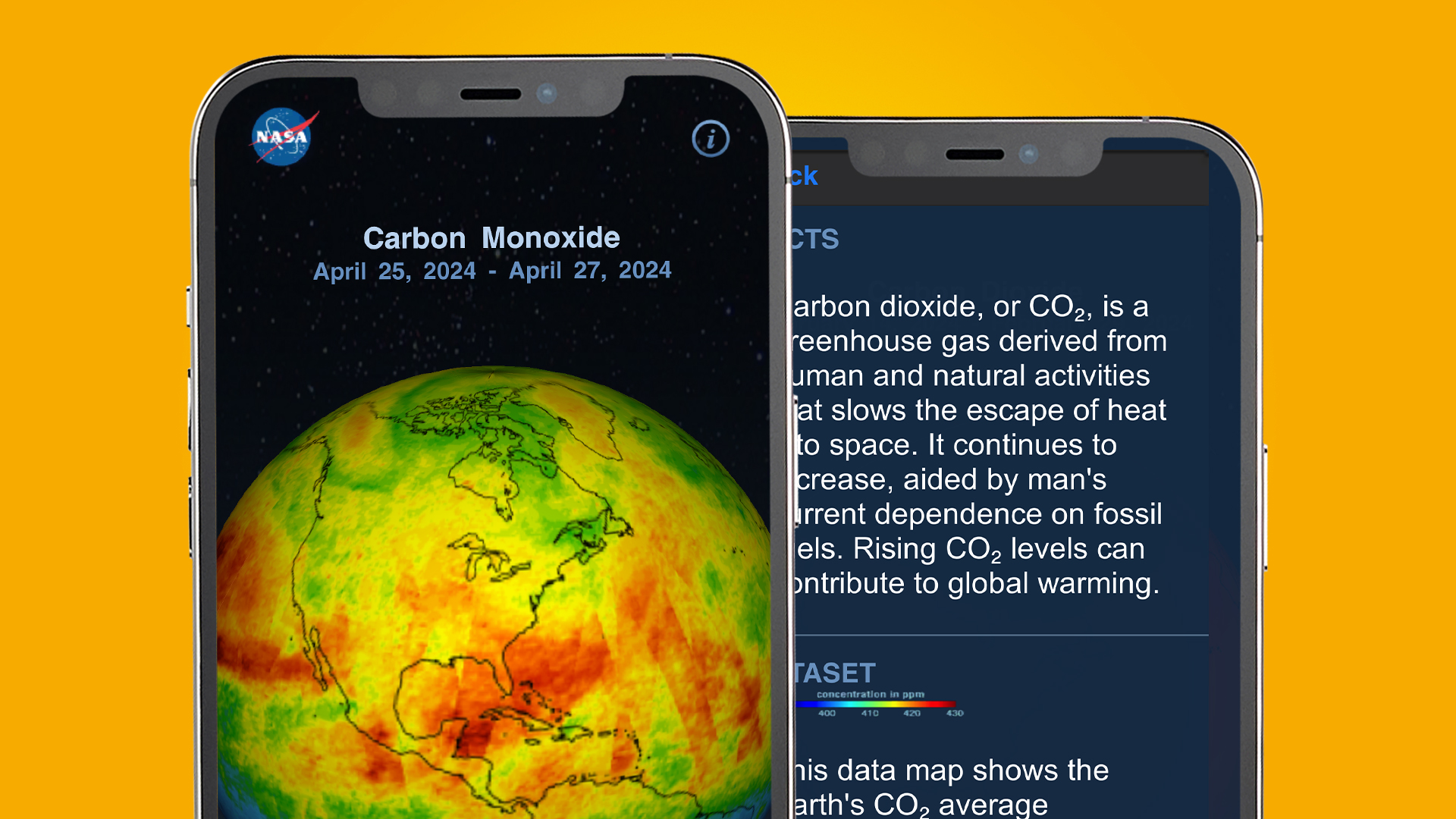
If you want to get a deeper understanding of why it’s a good idea to build eco-conscious habits into your life, this NASA app should do the trick. Earth Now shows the latest global climate data, from carbon dioxide levels to carbon monoxide peaks from forest fires, all overlaid on a 3D model of our little blue planet.
If you can avoid getting sidetracked by spinning the globe around inside the app, there are some impressive climate-related insights in the app’s Vital Signs menu. These give you color-coded overlays showing different datamaps, along with some helpful descriptions of what each of them are and what they mean for global warming.
The app launched back in 2012, so its interface is now a little dated, but it’s still a powerful little educator for old and young.
The one for charging tech: WhenToPlugIn
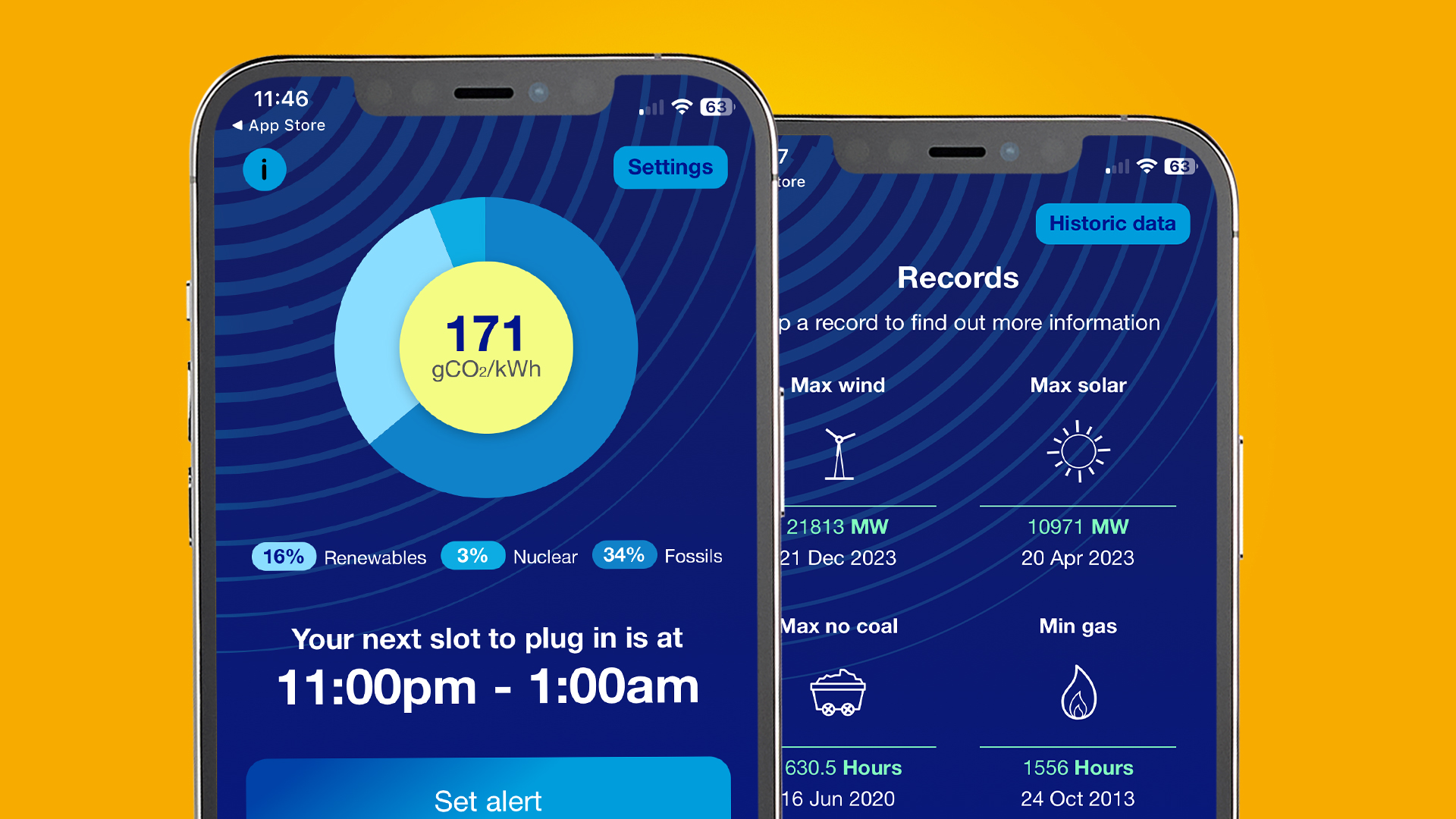
This ‘carbon intensity app’ is unfortunately only for those in the UK, as it’s made by the National Grid. But it’s a good example of how a data-powered app can take the edge off your carbon footprint and save you a bit of money in the process.
WhenToPlugIn tells you the ‘greenest’ time to use your electricity, based on real-time info on how that power is being generated. In other words, it knows when renewables like wind and solar power are most active, so it can tell you when the next ‘clean’ slot will be.
Okay, it isn’t the prettiest app in the world and you won’t always be able to act on its suggestions. But for your non-urgent power needs – for example, your EV or dishwasher – it could also save you a few pennies if you’re signed up to a smart meter tariff.
The restaurant-finder: HappyCow
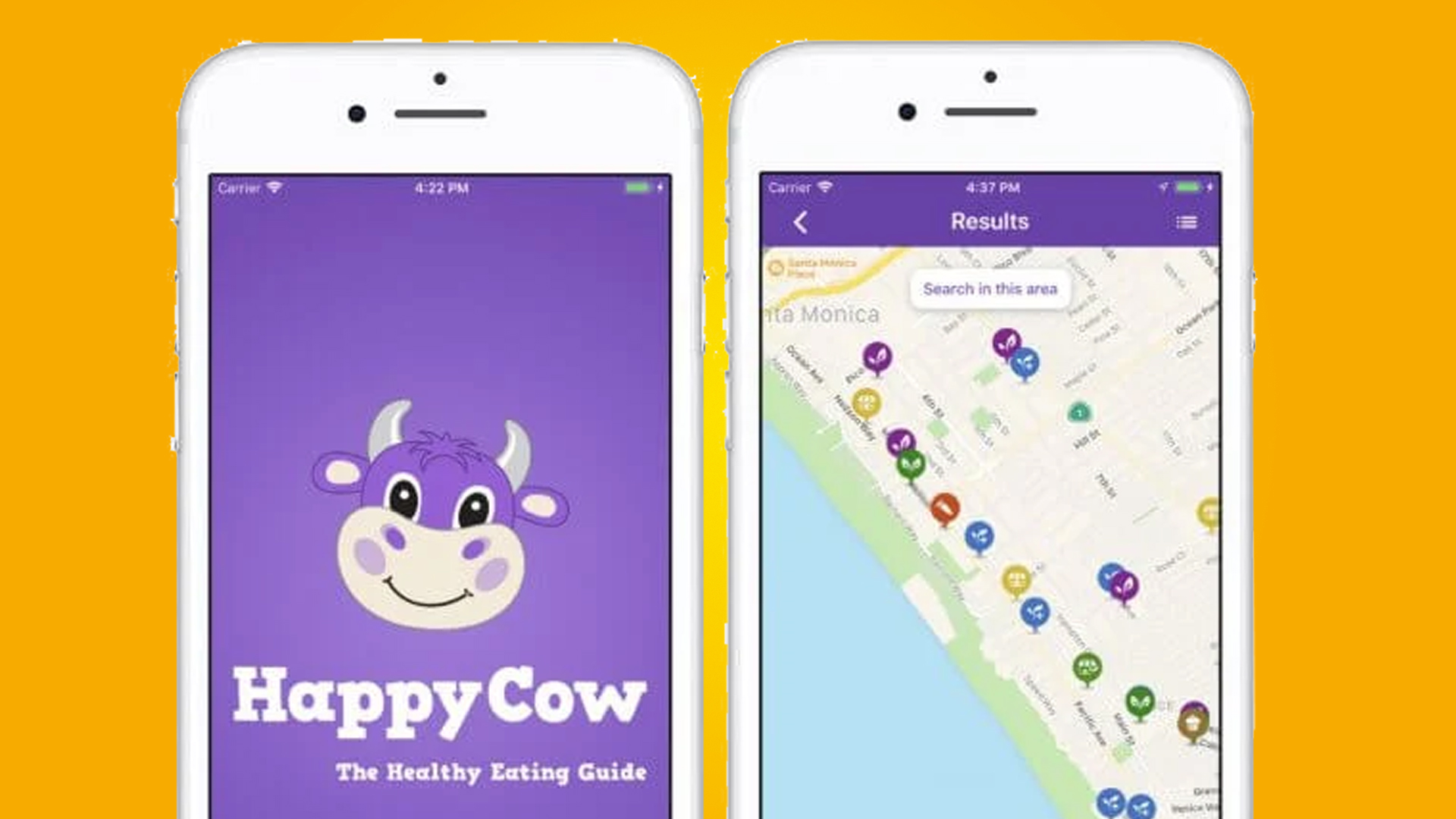
If you’re vegetarian or vegan and traveling in an unfamiliar city, it can be tricky to know where the best plant-based dining options are. That’s where HappyCow ($3.99 / £4.99) can help – its combination of regularly updated maps and a strong community mean it can direct you to the best spots in most major cities.
HappyCow’s actually been around since 1999, so it’s had plenty of time to build up a solid knowledge base for vegans or vegetarians. And whatever your dietary tastes, the thousands of listings across 185 countries contain restaurant recommendations that will help you cut down on the water use and CO2 emissions that are usually the byproduct of meat-based dishes.
The one for carpooling: BlaBlaCar
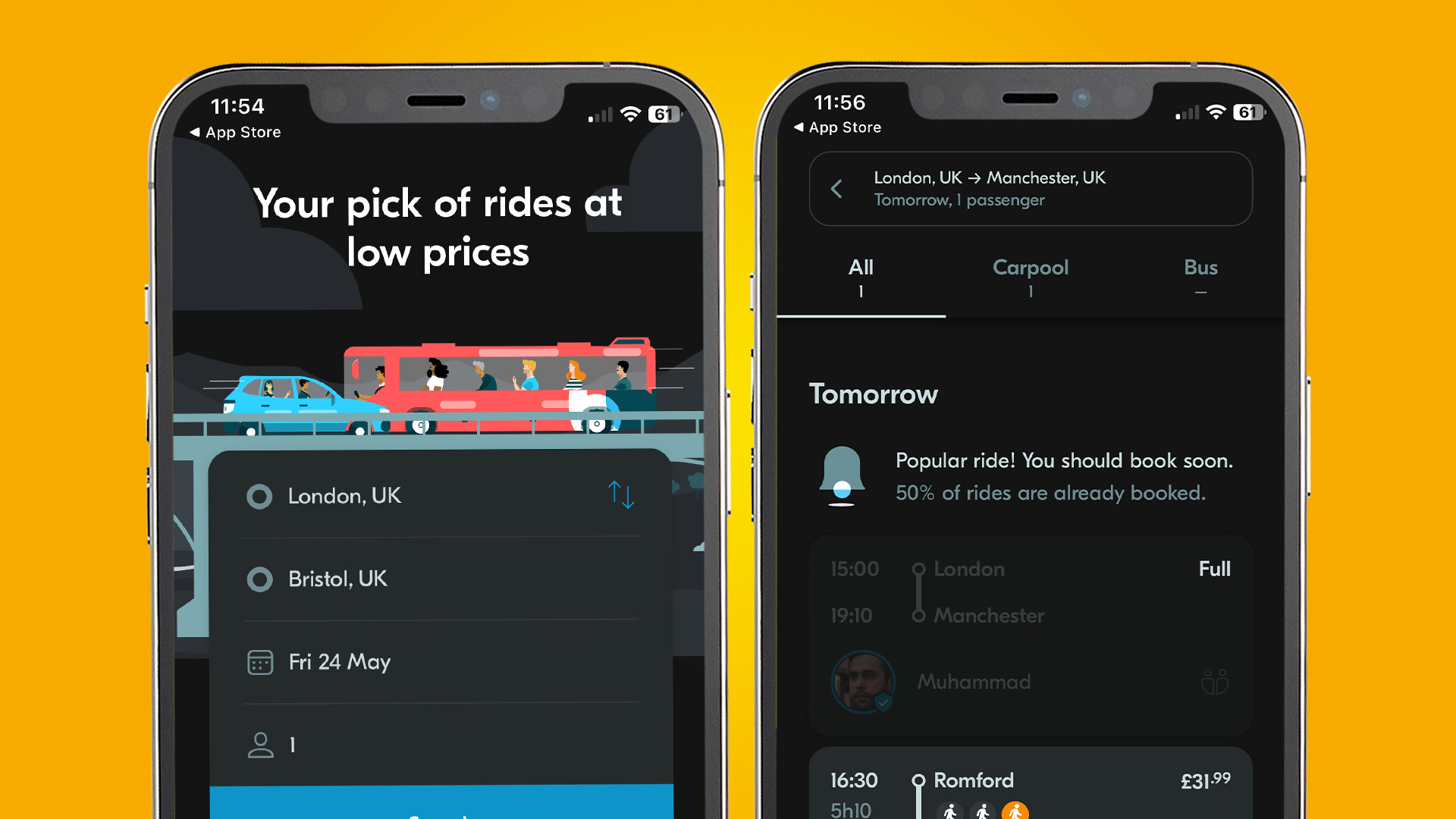
Carpooling took a sizable hit during the pandemic, when no-one was traveling or particularly fancied being cooped up in the back of a car with strangers. But it’s now on the way back and BlaBlaCar is one of the biggest apps for connecting travelers, with Poparide offering a similar service in Canada.
Once you’ve entered your location and destination, BlaBlaCar will connect you with others who are making the same journey on the same date, so you can split the costs (and slash your overall emissions). Alternatively, you can also use the app to book a bus instead.
BlaBlaCar usage is a little inconsistent across countries and regions, so there may not be many ridesharing options depending on where you live. Carpooling in general also hasn’t really taken off in the US. But the concept now makes sense again and BlaBlaCar’s last impact report revealed that it had 26 million active members (and apparently saved 1.5 million tonnes of CO2 emissions) in 2022.




















+ There are no comments
Add yours